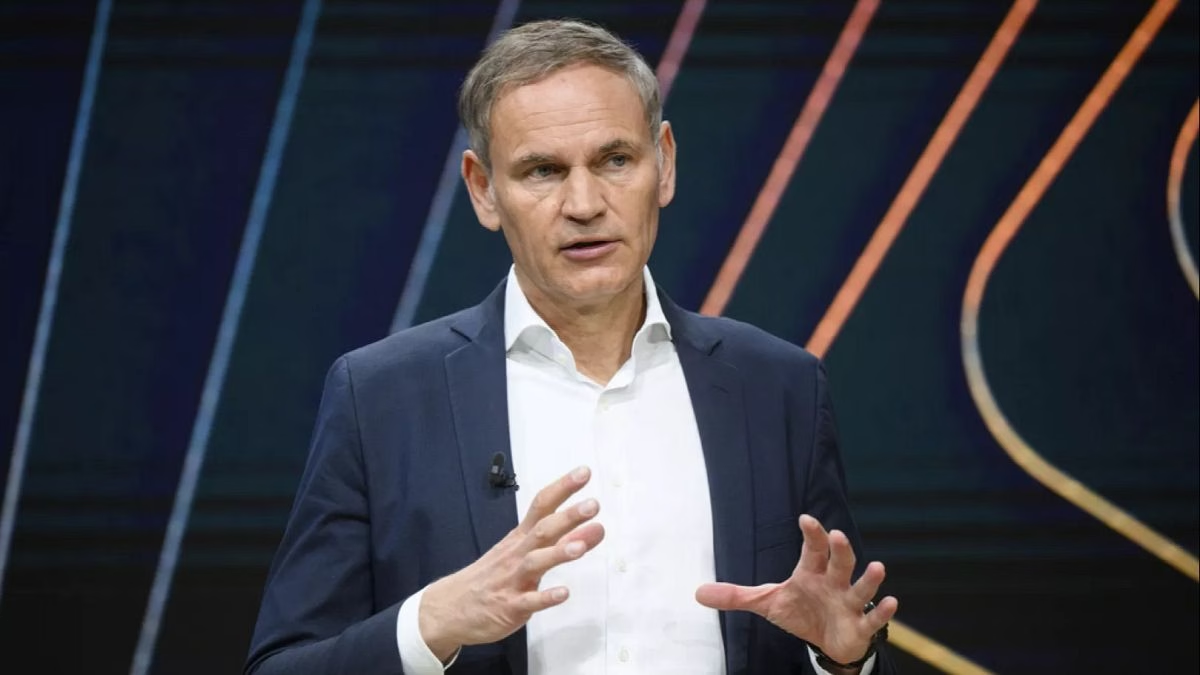Volkswagen AG wrapped up 2024 with reduced operating profits and a minor increase in sales revenue. Despite presenting strategies to tackle challenges in the US and China, the company has not accounted for 2025 tariffs.
German automaker VW released its 2024 earnings report announcing a drop in operating profit by 15% to €19.1bn and a slight increase in sales revenue. The decline in profit was largely due to €2.6bn in fixed costs used for restructuring.
VW’s operating margin is expected to range between 5.5% and 6.5% this year, as stated by CFO & COO Arno Antlitz, who acknowledged a decent financial performance despite a challenging competitive environment.
The company’s worldwide vehicle sales amounted to 9 million, a 3.5% decrease from the previous year, although there was growth in South America that failed to fully counteract the decline in China. However, sales in North America and Europe remained stable.
Overall sales revenue increased by 1% to €324.7bn due to the financial services business, and VW forecasts a 5% rise in sales revenue for 2025, suggesting hopes for improvement.
VW has battled to maintain profitability due to high energy prices, cheaper competition from China, emissions-related rules, and geopolitical issues. In December, the company declared plans to cut around 35,000 jobs in Germany by 2030 as a restructuring measure.
VW’s proposed dividend, announced in the earnings report, is €6.30 per ordinary share and €6.36 per preferred share for the Annual General Meeting, marking a 30% cut from 2023 levels.
Initial positive reactions from investors were reflected in a more than 2% increase in VW’s share price following the release of the 2024 results in Frankfurt.
What does VW plan for in 2025?
CEO Oliver Blume stated that in 2025, VW intends to enhance productivity and profitability and become the “global automotive technology leader by 2030.”
VW anticipates challenges such as political uncertainties, tightening trade restrictions, geopolitical tensions, fierce competition, commodity and energy markets fluctuations, and stricter emissions standards.
According to Antlitz, VW will maintain the technological competitiveness of its combustion engines, invest in electric models and software, and strengthen its regional presence, with a focus on growth and investment strategies in the US.
The forecast does not include potential impacts from indirect introduction or adjustments to trade tariffs or from possible easing of CO2 rules in Europe, noted Antlitz.





